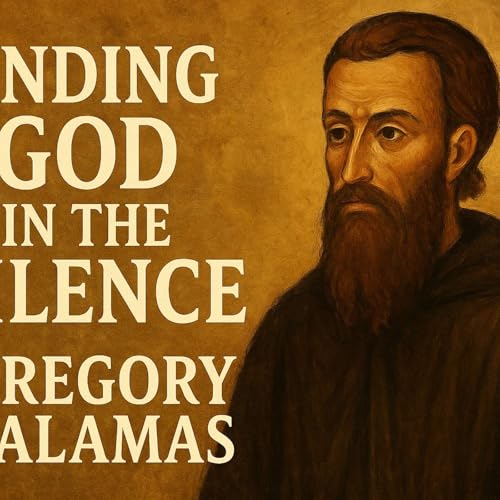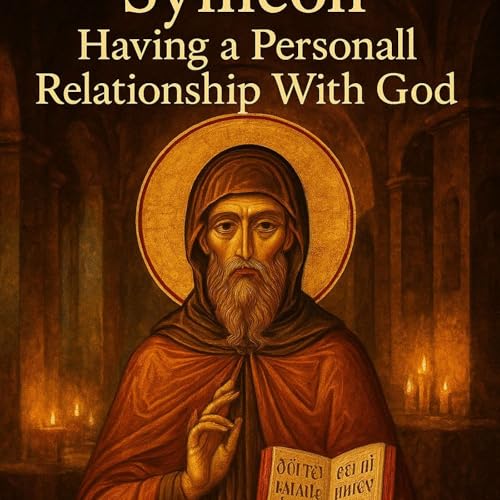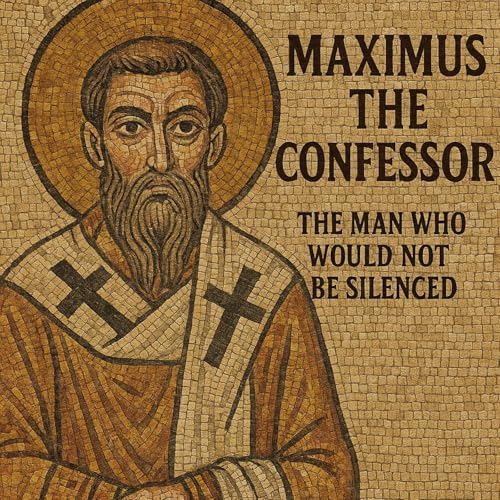Send us a text
Welcome
In today’s episode, we’re stepping once again into the drama of early church history — a time when emperors, bishops, and theologians gathered not only to settle fierce theological debates but to shape the foundations of Christian belief for centuries to come.
We’ll explore three pivotal church councils that took place in the great imperial cities of Constantinople and Nicaea. Each one left a lasting legacy on what Christians believe, how we speak of Christ, and even how we worship Him.
We begin with the often-overlooked Second Council of Constantinople in 553 AD — a council caught in the aftershocks of Chalcedon as it tried to balance orthodoxy with political unity.
Next, we turn to the Third Council of Constantinople in 681, which tackled a crucial Christological question: Did Christ have one will or two?
Finally, we arrive at the Second Council of Nicaea in 787 — where the Church faced a different kind of controversy: not over Christ’s nature, but over the role of sacred images in Christian worship.
So, what do these three councils teach us?
Together, these councils remind us that Christian faith is not a static creed but a living, often contested, conversation — shaped by Scripture, guided by the Holy Spirit, and tested over time. Some of the outcomes were faithful and helpful. Others raise serious concerns.
They show a church striving to be faithful — often succeeding in doctrine, but failing in method. They reveal moments of theological clarity, but also times when politics, tradition, and coercion overshadowed the Word of God.
But we also remember that councils are not infallible. Scripture alone remains our final authority. And our worship must be in spirit and truth — not shaped by images or state power, but by God’s revealed Word.
Thanks for listening. In this episode, we’ve journeyed from 553 to 787 AD — and seen how the early church tried to clarify the faith. Some of their conclusions still serve the global church today. Others, we must test — and at times, reject — in the light of Scripture.
Catch On Fire Podcasts
This channel does a deep dive into the scriptures so as to teach what it means to be...
Listen on: Apple Podcasts Spotify
Support the show

 36 min
36 min Sep 1 202521 min
Sep 1 202521 min Aug 1 202532 min
Aug 1 202532 min 29 min
29 min
 24 min
24 min 32 min
32 min

